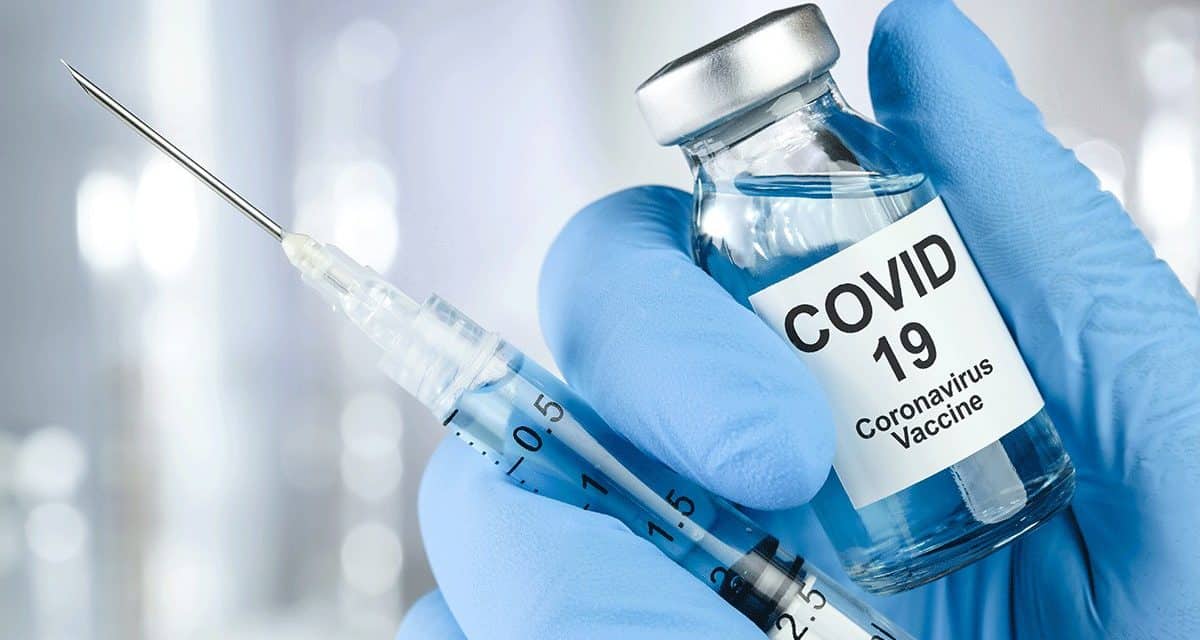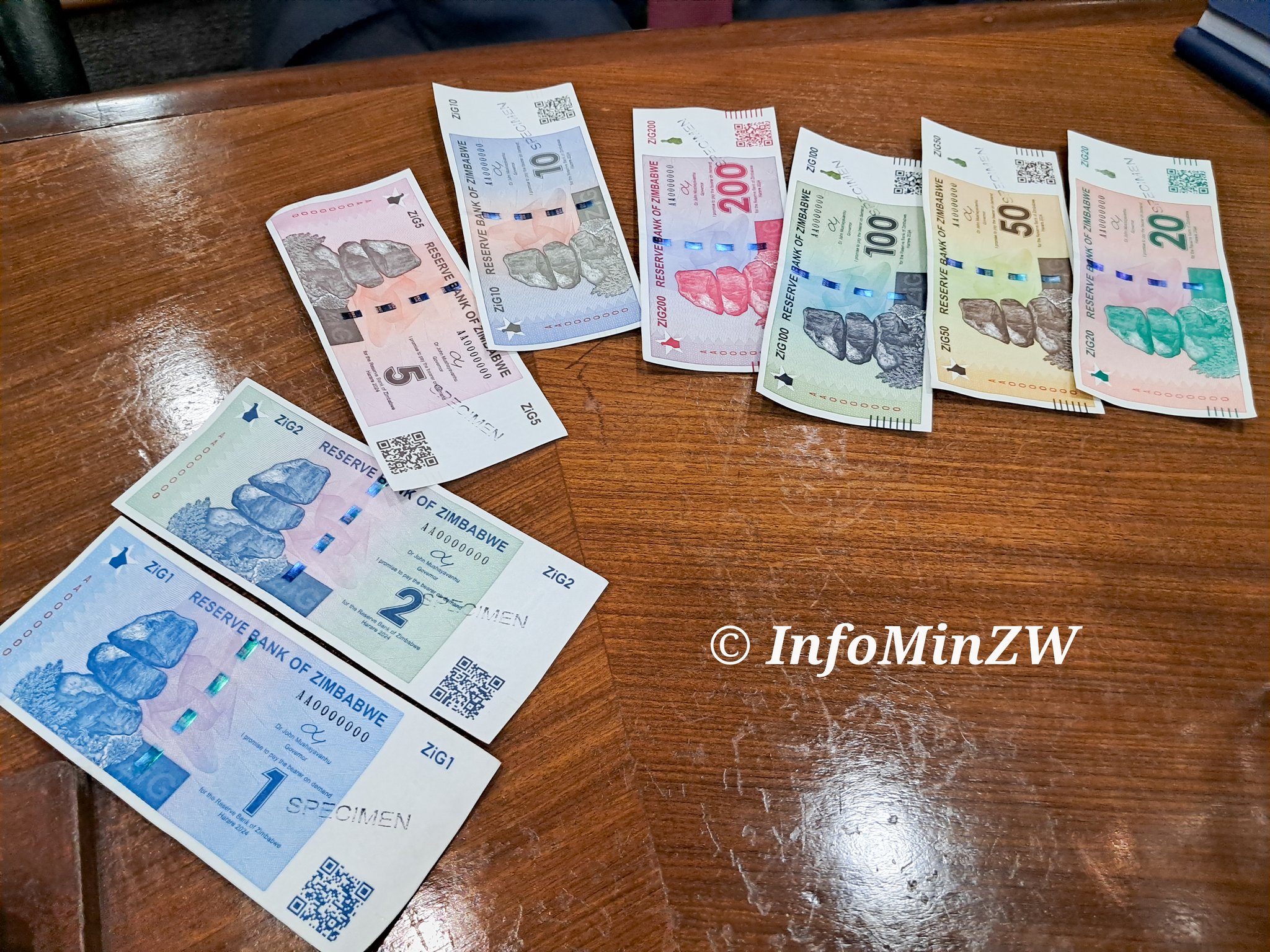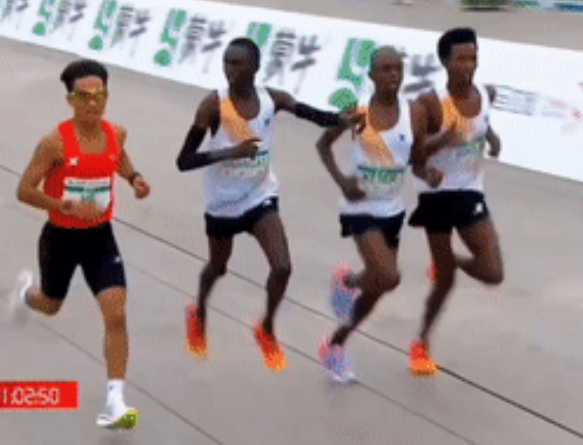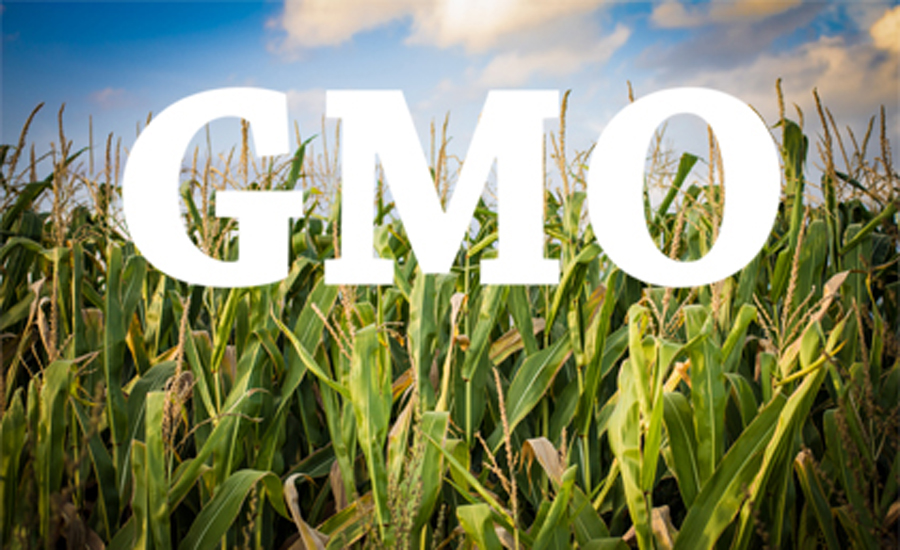The Government of Japan has allocated over a million US dollars in additional support to UNICEF Zimbabwe’s COVID-19 response through responsive and preventive care interventions to vulnerable children and women across multiple sectors including health, nutrition, HIV/AIDS, GBV and child protection and education.
The project will be implemented in 32 districts across the country which are hotspots for drought, flooding, HIV and AIDS, malaria, cholera and other diarrheal diseases, as well as COVID-19.
The partnership extends for 12 months starting in March 2021 and aims to uphold UNICEF’s humanitarian response to Sustaining Resilience of Multi-hazard-affected Communities through a comprehensive set of lifesaving interventions.
“UNICEF is thankful for the continued support from the Japanese Government for their ongoing commitment to the children, adolescents and women of Zimbabwe,” said Amina Mohammed, UNICEF Zimbabwe acting Representative.
“We must continue to offer basic social services, particularly preventative care to vulnerable children and women as we join the world in fighting against the COVID-19 pandemic.
“We must ensure that children, adolescents and women continue to receive quality nutrition, HIV/AIDS support, inclusive of education and child protection services, despite challenges we have seen from the pandemic,” she said.
Through nutrition interventions, 200,000 children aged 6-59 months will be screened for acute malnutrition for early identification and referral for treatment. In addition, it is estimated that 30,000 mothers and caregivers of children below the age of two will receive support and treatment for babies suffering from malnutrition, as well as COVID-19 related nutrition counselling and training on the preparation of safe and healthy food.
HIV/AIDS interventions will provide mentorship to 1,200 health workers in the affected health facilities to build their capacity in HIV/ Sexual and Reproductive Health, as well as malnutrition prevention, care, treatment and support. Treatment and referral services will be provided for 2,000 pregnant and breastfeeding women to ensure continuation of prevention of mother-to-child transmission.
In the education sector, alternative home learning materials will be provided to nearly 13,000 vulnerable learners in one drought-affected district as part of preparedness, amongst other interventions.
The Ambassador of Japan to Zimbabwe, Satoshi Tanaka, said that “This support from Japan through UNICEF will help to ensure that, during this crisis, some of the most vulnerable children and women, whose livelihoods have been disrupted by the impacts of COVID-19, will have access to adequate nutrition, healthcare and education, and communities will be more resilient in the future.”
COVID-19 is having a widespread and significant impact on all aspects of societies and economies in African nations.
In view of this, the Government of Japan recognizes the importance of focusing on various challenges in the areas of economy, society, and peace with an aim to directly impact the prevention of the spread of COVID-19 in standing behind their own efforts in Africa.
This is contained in a press statement availed to the media.














